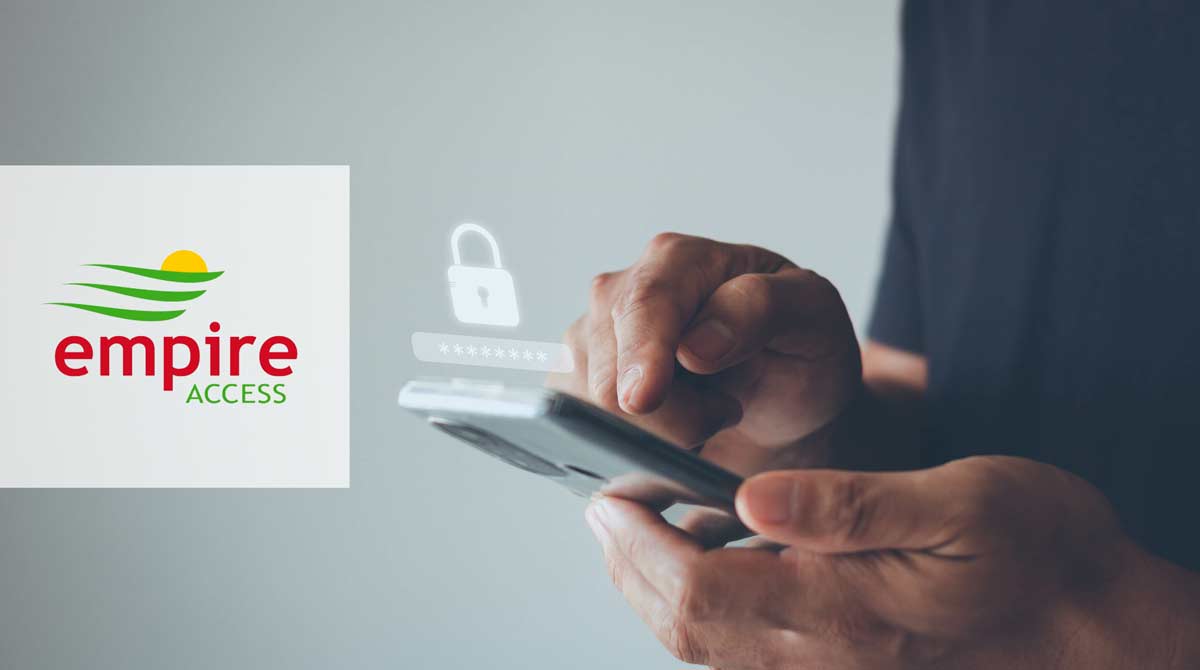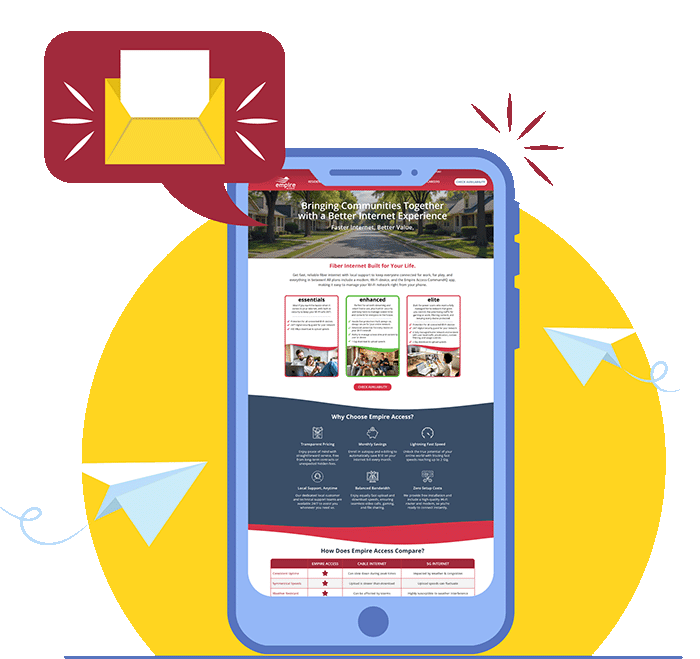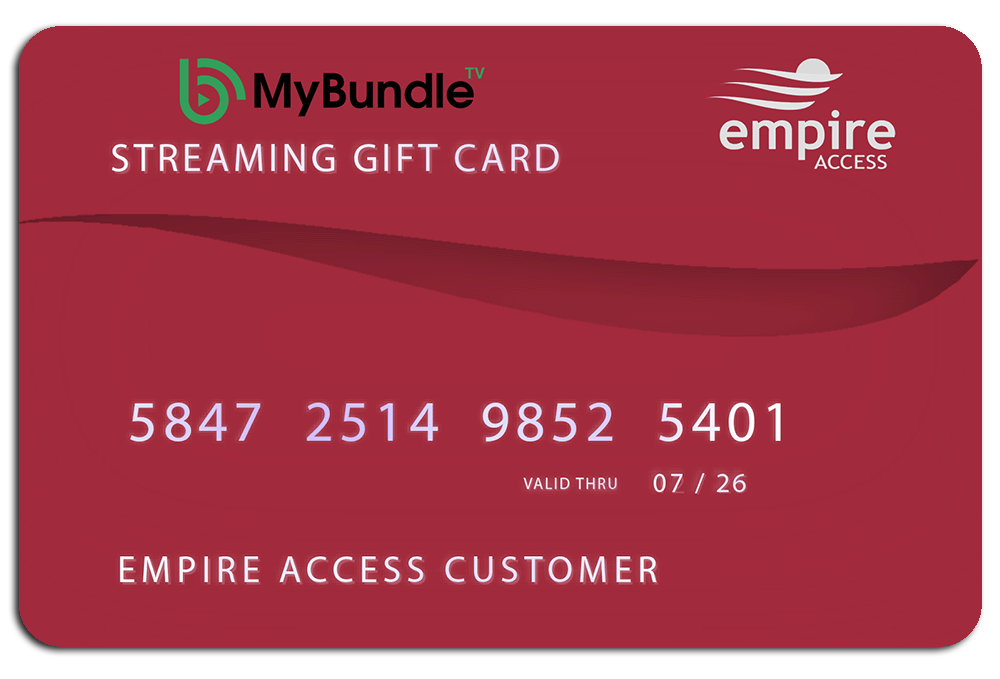Protect your personal data from cyber threats with essential network security tips from Empire Access. Learn about strong passwords, secure Wi-Fi, phishing awareness, and more to safeguard your digital life.
In today’s increasingly digital world, cyberattacks are unfortunately on the rise, making it more critical than ever to protect your personal information. With so much of our lives online, our data is constantly susceptible to breaches.
So, how can you become more cyber-aware and keep your valuable data safe? We’ve got you covered! Below, you’ll find a list of best practices and simple actions you can take to enhance your online security.
Ensure Multiple Layers of Protection
Think of your security like layers of an onion – the more layers, the harder it is to get to the core.
- Install and update antivirus and anti-malware software on all your computers. Regularly run scans and keep the software updated to protect against the latest threats.
Be Cautious of Unsecured Wi-Fi Networks
When setting up any new network, always start by changing the default password immediately. Create a strong, unique password that combines numbers, capitalized letters, and punctuation marks for maximum security. Avoid using public, unsecured Wi-Fi networks for sensitive activities like banking or online shopping, as they are often vulnerable.
Stay Alert for Suspicious Emails (Phishing)
Phishing attempts are common tactics cybercriminals use to trick you into revealing personal information.
- Always be wary of emails or requests from suspicious parties, especially if the sender’s email address doesn’t look legitimate. If you don’t recognize the sender, do not click on any links or respond with personal information.
- Another major red flag is if the email’s “display name” doesn’t match the actual email address, or if the domain name (e.g., @https://www.google.com/search?q=notarealbank.com instead of @yourbank.com) is incorrect.
- When in doubt, don’t risk it! Directly contact the organization or sender using a known, legitimate phone number or email address (not the one from the suspicious email) to verify the message.
Limit Your Personal Digital Footprint
The less information you share online, the less there is to potentially compromise.
- Regularly review the privacy settings on your social media accounts and any websites where you store personal information. Always limit the amount of data you publicly share.
- Check your mobile device’s privacy settings often, especially after software updates, and adjust them to control what personal information is shared with apps and services.
Safeguard Your Online Financial Transactions
Protecting your money starts with secure online habits.
- Always ensure a website uses “HTTPS” (Hypertext Transfer Protocol Secure) before entering any banking or payment information. You’ll see a padlock icon in your browser’s address bar. Never enter sensitive details on an “HTTP” site.
- Regularly review your credit history and financial statements for any suspicious or unauthorized transactions. Catching these early can prevent significant problems.
By following these straightforward tips, you can significantly enhance your cyber awareness and better protect yourself and your data in the digital landscape.













